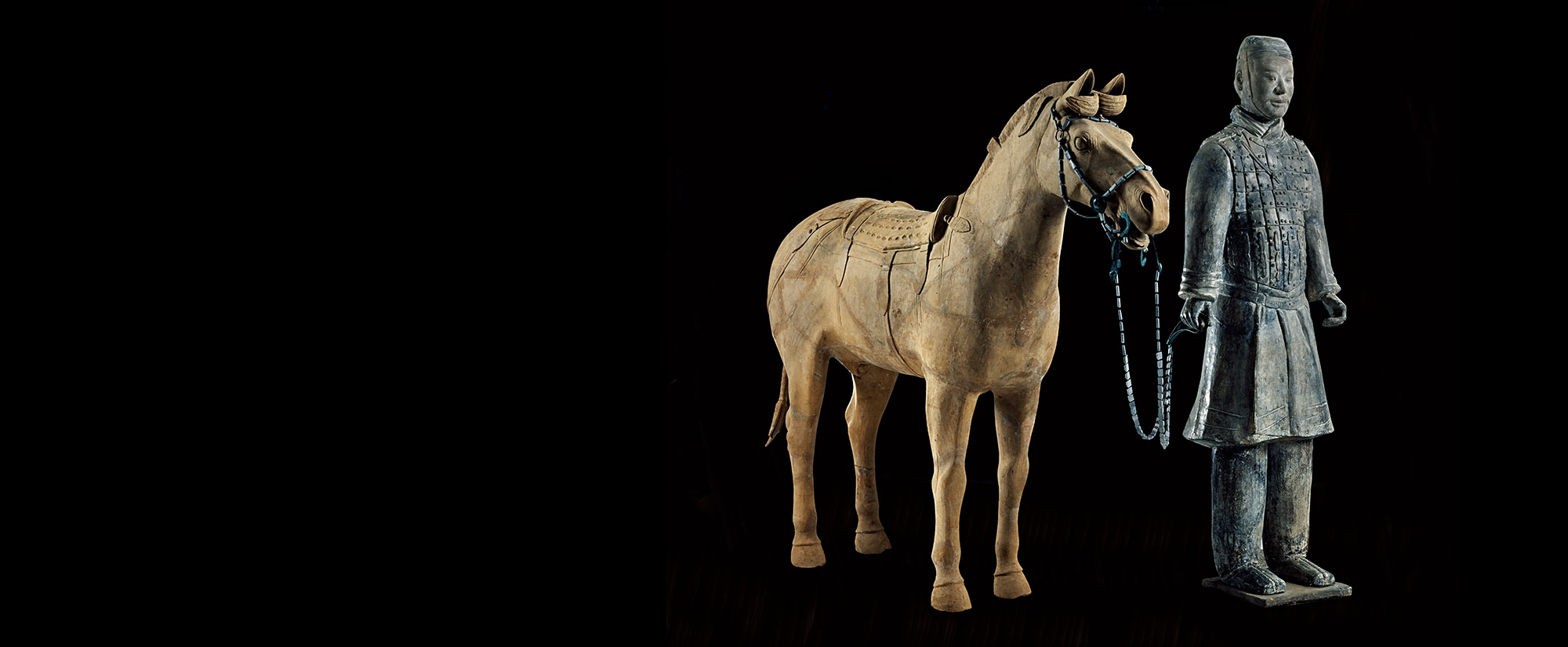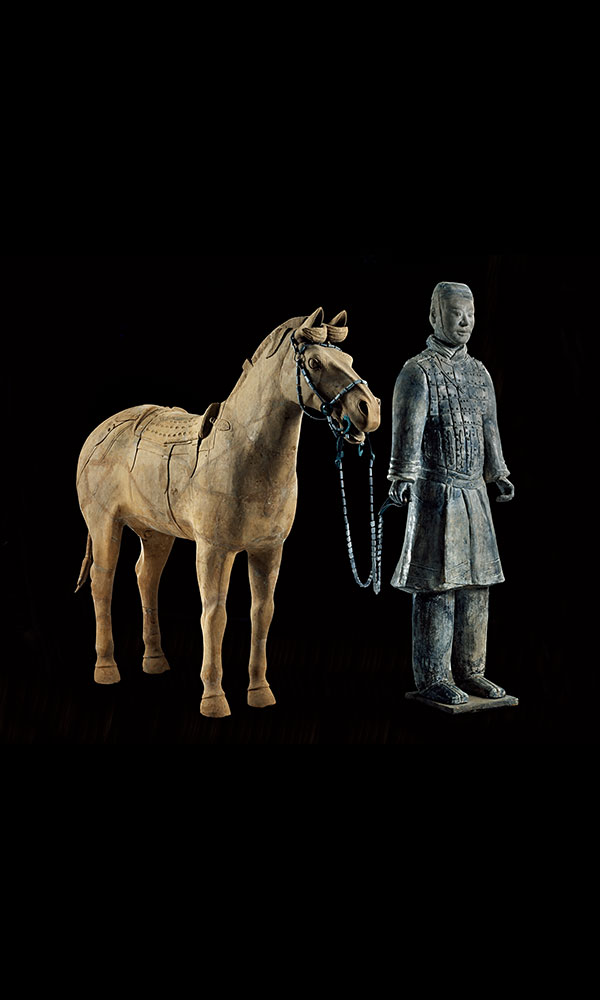GOSE, JAPAN—Archaeologists have discovered remains of pit houses and ditches that indicated boundaries at a site dating to the fourth century A.D. in Japan’s Nara Prefecture known as the Nakanishi ruins. They believe that the newly discovered site may have been constructed in concert with the nearby Akitsu ruins, and note that the combined site would be one of the largest settlements in Japan known from the period. “The site occupies a prominent area,” said Fumiaki Imao, a senior researcher at the Archaeological Institute of Kashihara, told the Asahi Shimbun, adding that the structures discovered may have been used for rituals controlled by the early Yamato imperial court. Little is known of the workings of the court during this period, and the researchers hope their excavation will offer new insights. To read about a figurine discovered in Japan with markings thought to represent tattoos, see “Dogu Figurine.”
Fourth-Century Ruins Discovered in Japan
News August 20, 2015
Recommended Articles
Off the Grid January/February 2026
Prophetstown, Indiana
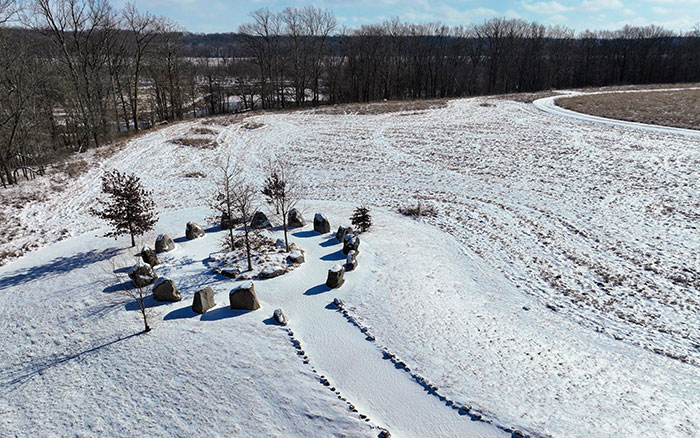
Letter from France January/February 2026
Neolithic Cultural Revolution
How farmers came together to build Europe’s most grandiose funerary monuments some 7,000 years ago
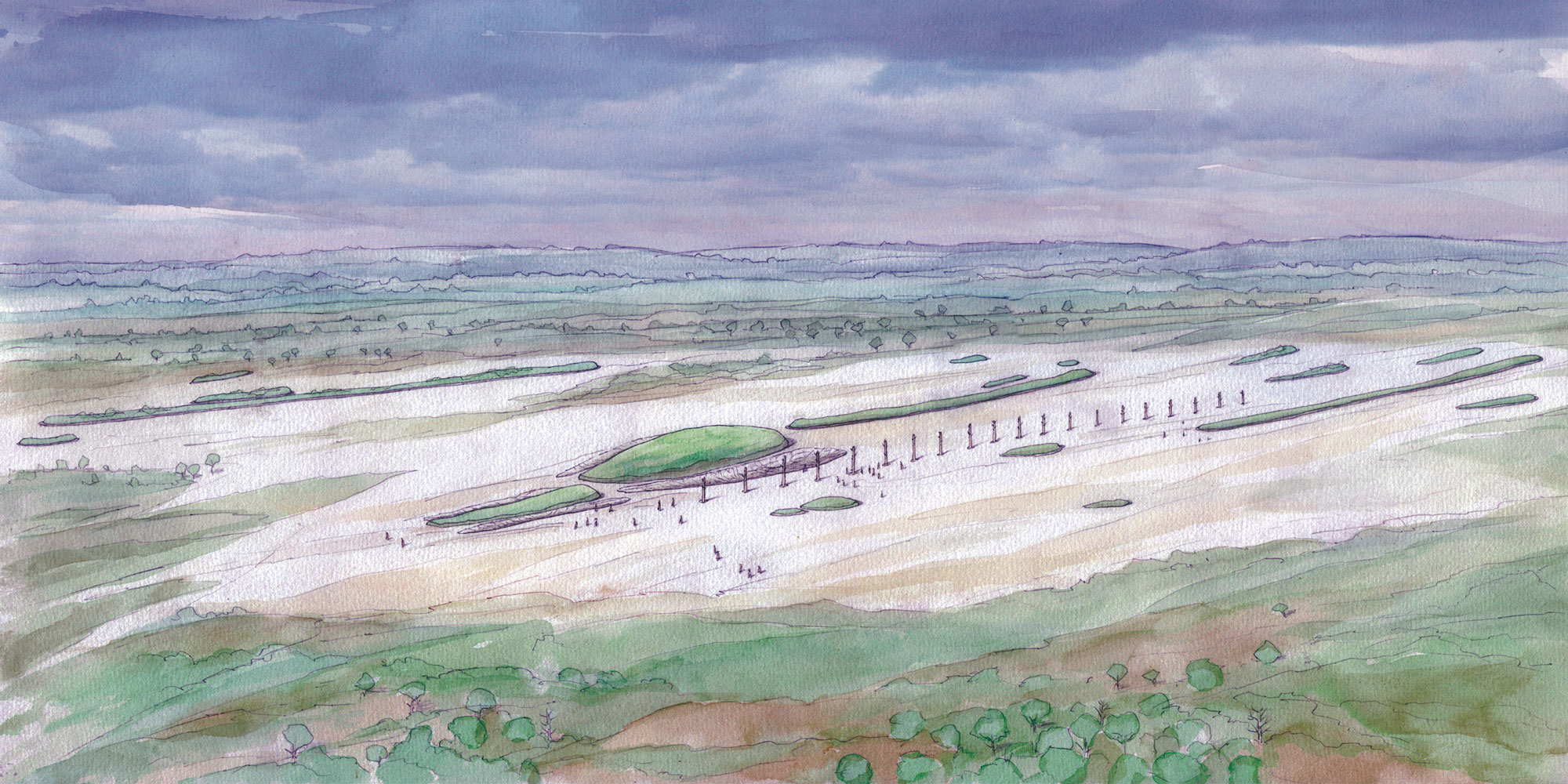
Features January/February 2026
The Cost of Doing Business
Piecing together the Roman empire’s longest known inscription—a peculiarly precise inventory of prices

Features January/February 2026
The Birds of Amarna
An Egyptian princess seeks sanctuary in her private palace
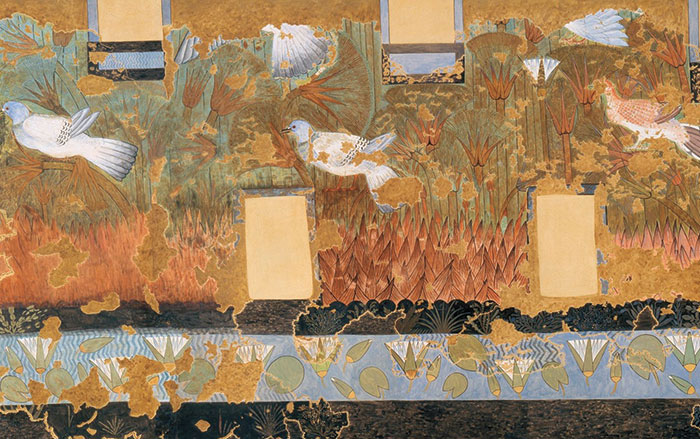
-
Features July/August 2015
In Search of a Philosopher’s Stone
At a remote site in Turkey, archaeologists have found fragments of the ancient world’s most massive inscription
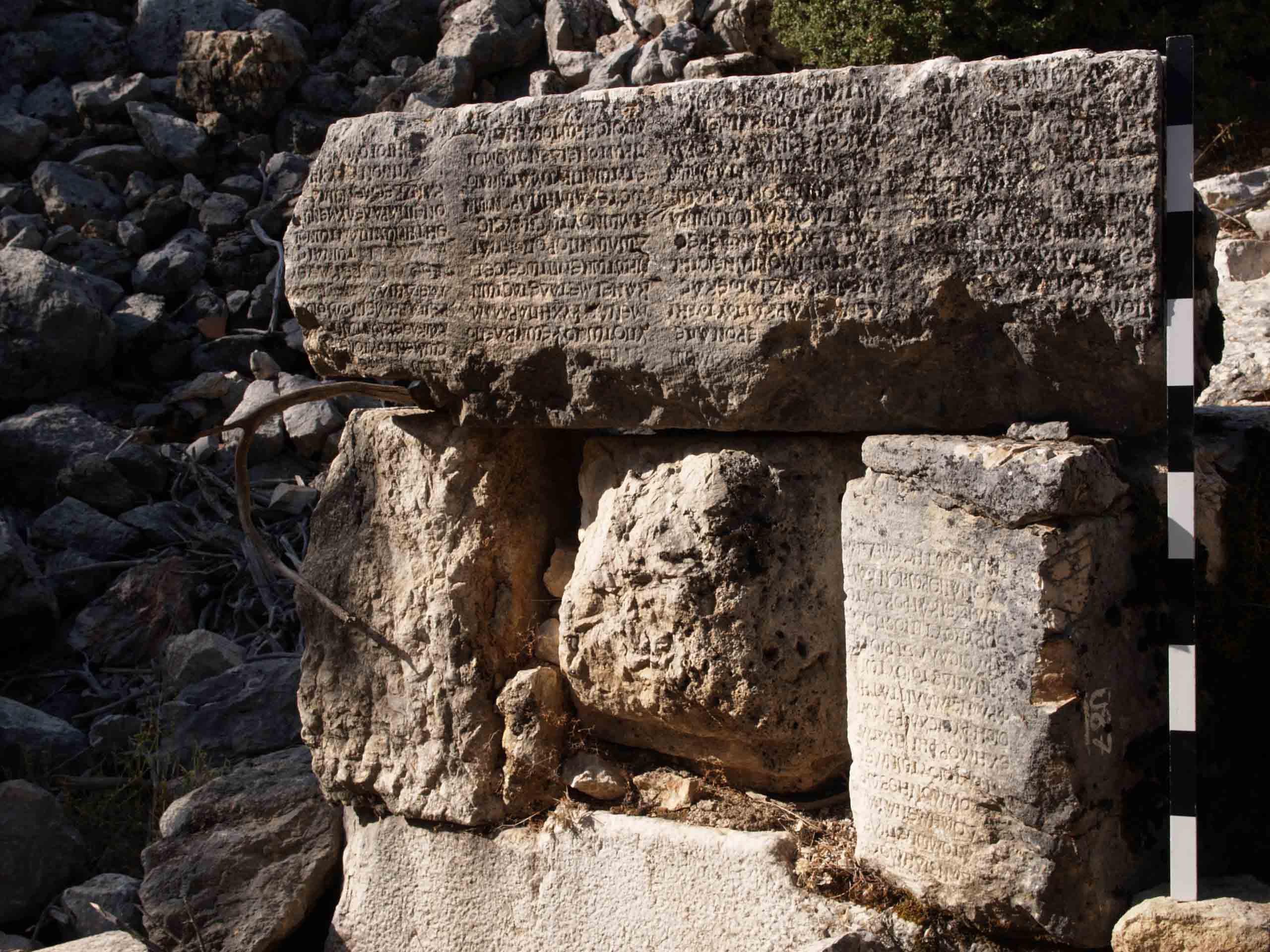 (Martin Bachmann)
(Martin Bachmann) -
Letter from Virginia July/August 2015
Free Before Emancipation
Excavations are providing a new look at some of the Civil War’s earliest fugitive slaves—considered war goods or contraband—and their first taste of liberty
 (Library of Congress)
(Library of Congress) -
Artifacts July/August 2015
Gold Lock-Rings
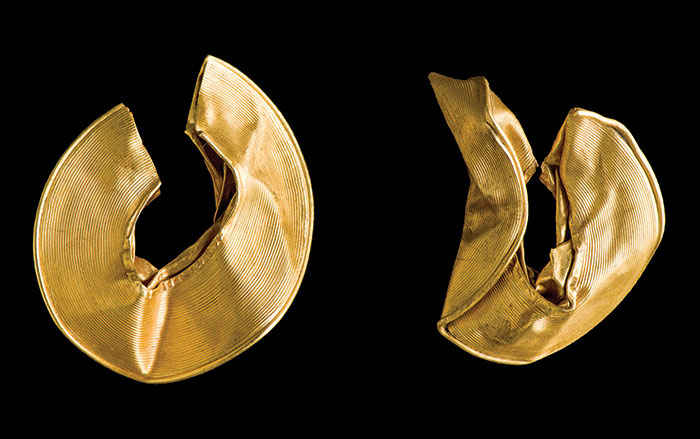 (Courtesy Amgueddfa Cymru-National Museum of Wales)
(Courtesy Amgueddfa Cymru-National Museum of Wales) -
Digs & Discoveries July/August 2015
A Spin through Augustan Rome
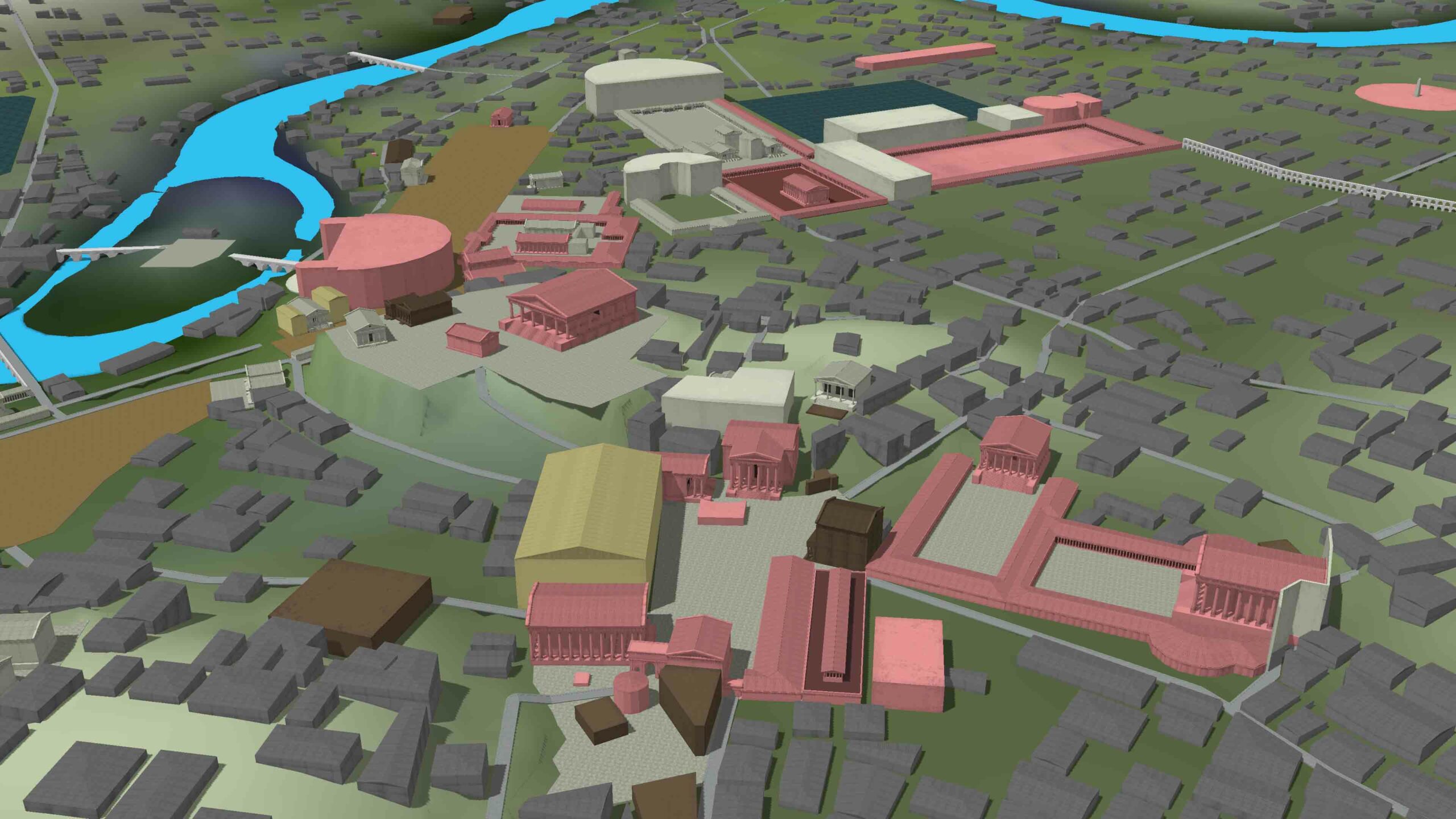 (Courtesy and created at the Experiential Technologies Center, UCLA, ©Regents of the University of California)
(Courtesy and created at the Experiential Technologies Center, UCLA, ©Regents of the University of California)


